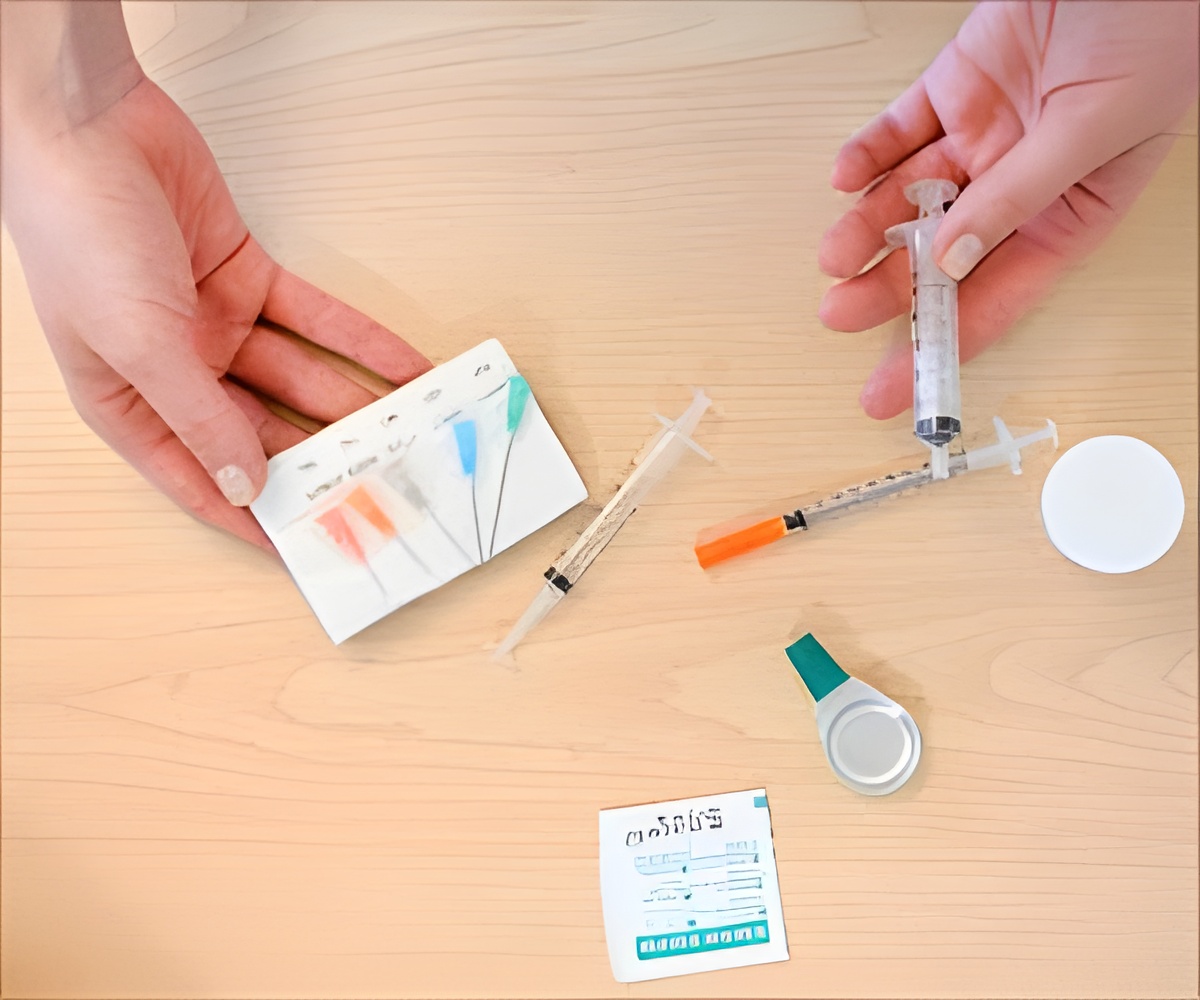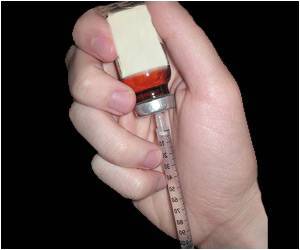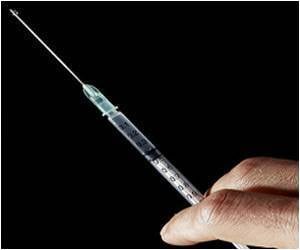In order to better battle deadly diseases spread by needle sharing, the World Health Organization has called on healthcare providers around the globe to switch to syringes that can only be used once.

Dangerous injection practices led to the accidental infection worldwide of 1.7 million people with hepatitis B, 315,000 with hepatitis C and as many as 33,800 with HIV in 2010, according to a 2014 WHO-sponsored study.
The new "smart" syringes recommended by the WHO include features that prevent them from being used a second time. Some have a plunger that breaks if someone tries to pull it back out following an injection.
Others have metal clips that prevent the plunger from being pulled back after it is used and another type has a needle that retracts into the syringe after a shot.
"Adoption of safety-engineered syringes is absolutely critical to protecting people worldwide from becoming infected with HIV, hepatitis and other diseases," said Gottfried Hirnschall, head of WHO's HIV/AIDS Department.
"This should be an urgent priority for all countries," he added.
Advertisement
- Costlier syringes -
Advertisement
In Cambodia nearly 200 people living near Battambang tested positive in December 2014 for HIV and are believed to have been infected by dangerous injection practices.
Cutting down on the number of injections would also help reduce disease, WHO said. Of the 16 billion injections each year only 10 percent are for immunisations, injected birth control and procedures like blood transfusions.
The remaining 90 percent are used to administer medicine and in many cases the WHO says these injections are unnecessary. It appears excess injections are due to patients' beliefs that injections are the best form of treatment, but there also seems to be an economic reason.
"For many health workers in developing countries, giving injections in private practice supplements salaries that may be inadequate to support their families," said Edward Kelley, a director at WHO.
While re-use of needles remains a major problem, there are signs that previous calls to stop the practice have had some impact. From 2000-2010 needle sharing dropped by a factor of seven in developing countries and the number of injections per person fell from 3.4 to 2.9, WHO said.
Source-AFP









